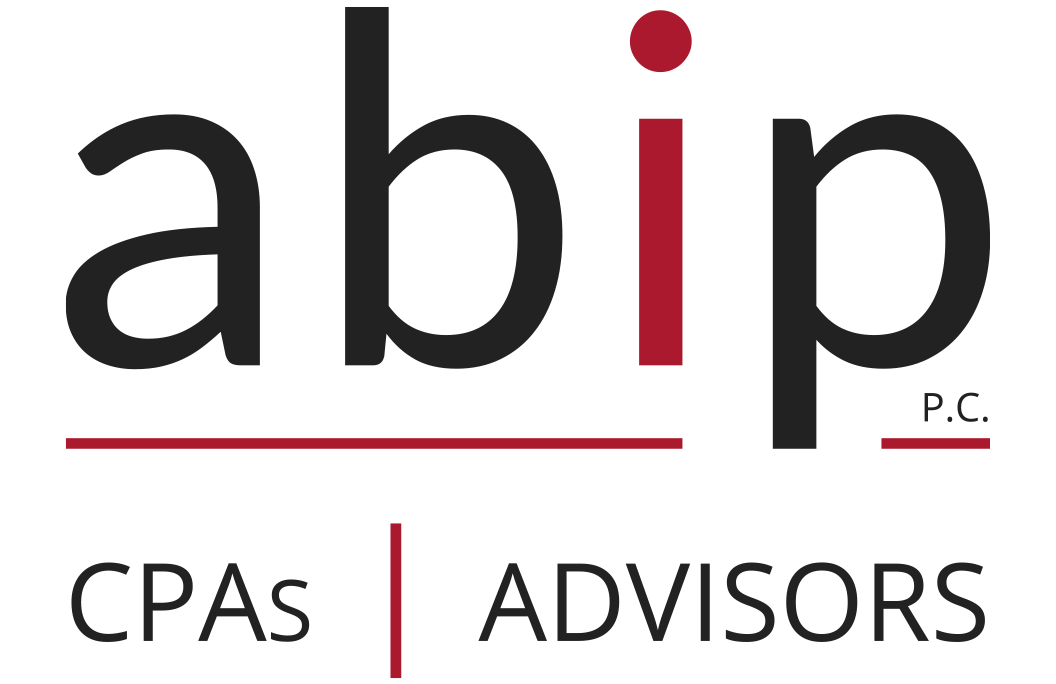Cash Isn’t King? How Cash Causes Problems
 Having a petty cash fund in your business is somewhat necessary. However, this cash fund must be accounted for and you should be able to justify where the cash is coming from and where it is going. Accounting for cash helps prevent your money from being mishandled. It has been proven that not accounting for your cash is one of the major accounting mistakes most companies make and it results in important financial losses. People within your business might use the money inappropriately if they know that it is not accounted for properly. More importantly, since your cash is an asset, it must be clearly shown on the balance sheet together with all the other assets. This is why it is important for you to be able to account for your cash!
Having a petty cash fund in your business is somewhat necessary. However, this cash fund must be accounted for and you should be able to justify where the cash is coming from and where it is going. Accounting for cash helps prevent your money from being mishandled. It has been proven that not accounting for your cash is one of the major accounting mistakes most companies make and it results in important financial losses. People within your business might use the money inappropriately if they know that it is not accounted for properly. More importantly, since your cash is an asset, it must be clearly shown on the balance sheet together with all the other assets. This is why it is important for you to be able to account for your cash!
Justify your Cash Expenses
Since cash is easily spent, you need to be able to track every expense that you pay with cash. For accounting and ethics purposes it is important to have a proof that your cash was spent in a proper way for the company. Whenever your make a payment or withdraw money you should be able to have proof of what you just paid and how much you spent. It will also be easier for you to notice if someone at your company uses your cash in an inappropriate way.
Avoid Paying Cash
Paying some expenses with cash is almost inevitable for a business. However you should try to avoid paying cash as much as you can and possibly only pay small expenses in cash. The use of cash should be avoided when it comes to large purchases because if you lose your receipt, you won’t be able to trace back to your purchase or other expenses. This could cause problems when it comes to recording your expenses on an accounting book. On the other hand, using a credit or a debit card or even a checkbook when it comes to expenses is the right way to go. Your bank will be accounting for your expenses. If you lose a receipt, you just need to check your bank account history and you will easily be able to trace back to your transaction.
How to Account for Cash
There are a few simple steps to be followed when accounting for cash. The money that you spend needs to be appropriately recorded. You should create an expense report for the cash that you spend on a day to day basis. The withdrawals can be recorded by writing receipts or saving ATM receipts. Receipts and bills in general are very important because they help give the right details regarding your transactions. For instance, the date of the purchase together with the price will be clearly displayed on the receipt. Additionally, your will need to use these receipts later when recording the cash transaction in your company’s books. They will prove that the amount taken for the purchase was correct and that the money was spent for business purposes. Finally, you should create a petty cash fund for your daily business expenses. This petty cash account should be recorded in your chart of accounts to keep track of your transactions.
How you should handle your cash:
- Track your expenses that you pay in cash
- Keep your receipts
- Avoid paying cash
- Use credit or debit cards or checks
- Create an expense report for your cash transactions
- Create a petty Cash Fund for your daily business expenses
By following these few easy steps, you should be able to account for your cash easily and ensure that it is used for your business transactions. Never make the mistake of not accounting for cash again – your business will benefit from it and this will avoid potential loss.
For more information on how to account for your cash or any other accounting services, contact ABIP now! Our team of experts will be able to guide you and answer your questions.





